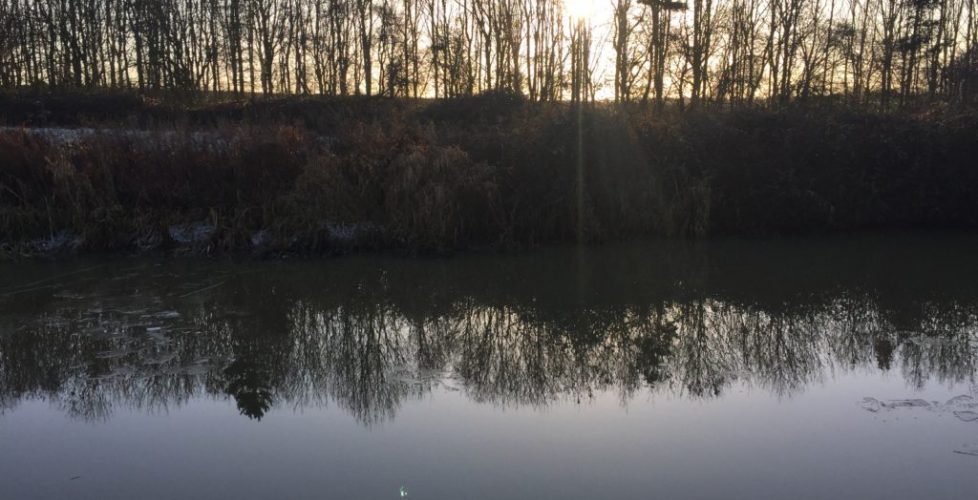An SEO learning curve
Hi everyone,
For the latest post I thought I’d go through the SEO learning curve I’ve experienced over the last few weeks. Search Engine Optimisation (SEO) is a huge and necessary component of building an online business. We need people to find us when they’re searching the internet for content designers and logo designers! The best thing about organic SEO is that it’s free. It uses all the clever algorithms that Google, Bing etc use to power their search engines.
SEO is a mountain of a subject, and I’m at the early stages. The good news is that I’m getting a grasp of the basics now. The other good news is that there is always something to learn with SEO. There are so many ways to make your posts, pages, blogs etc easier for customers to find.
This isn’t a “how-to” – I’m not going to repeat all the various steps that can easily be found on numerous online guides. My plan at the early stage was to establish some general basics, which are absolutely necessary. Then move onto starting to build a profile for local SEO for small businesses.
The first thing I had to do was choose a plug-in which would make things a bit easier and do some of the heavy lifting for me! I chose Yoast http://www.yoast.com and so far I’m really pleased with it. It’s simple and intuitive to use. Best of all, each post or page is graded on a traffic light system. It provides a quick glance synopsis of where I’ve optimised properly and where I can improve.
Next step – keyword research. This is something of a dark science, and definitely something I will get more used to the more I do it. But keyword research is absolutely necessary, it’s the cornerstone of organic SEO. So I will be spending a lot of time investigating how to optimise my pages for terms such as local website designer, logo design, freelance content design, etc. The great thing is that each particular term seems to have lots of related terms to target too.
Next step – applying the keywords to my website. This is definitely a test and learn process. For example you’ve got to choose an appropriate word or phrase – Google hates irrelevant content! You’ve got to assess the competition on a word too, what other businesses are doing. For a startup like myself, targeting words with lower competition is probably better. On my home page http://www.leh-design.co.uk I chose the phrases “website design and logo design”. I was actually pretty surprised to find the competition for these phrases wasn’t as high as I expected.
Final steps – wait and learn. Organic SEO often takes weeks or months to take proper effect. And you have to keep reinforcing what you’ve already done. The pages can’t stand in isolation, and particular keywords and pages need to be supported with more relevant content. That’s where the learning comes in too – how to link to other websites, how to use images, how to target long-tail keywords…..
……well, all sorts. Still loads to get my teeth into, but it should be worth it in the end!

